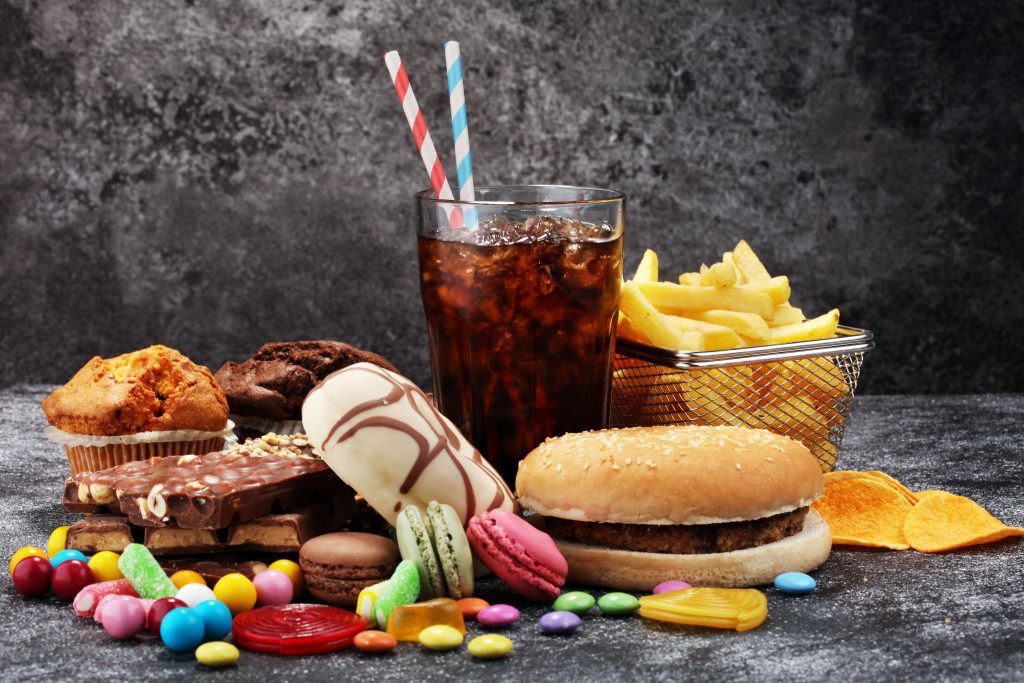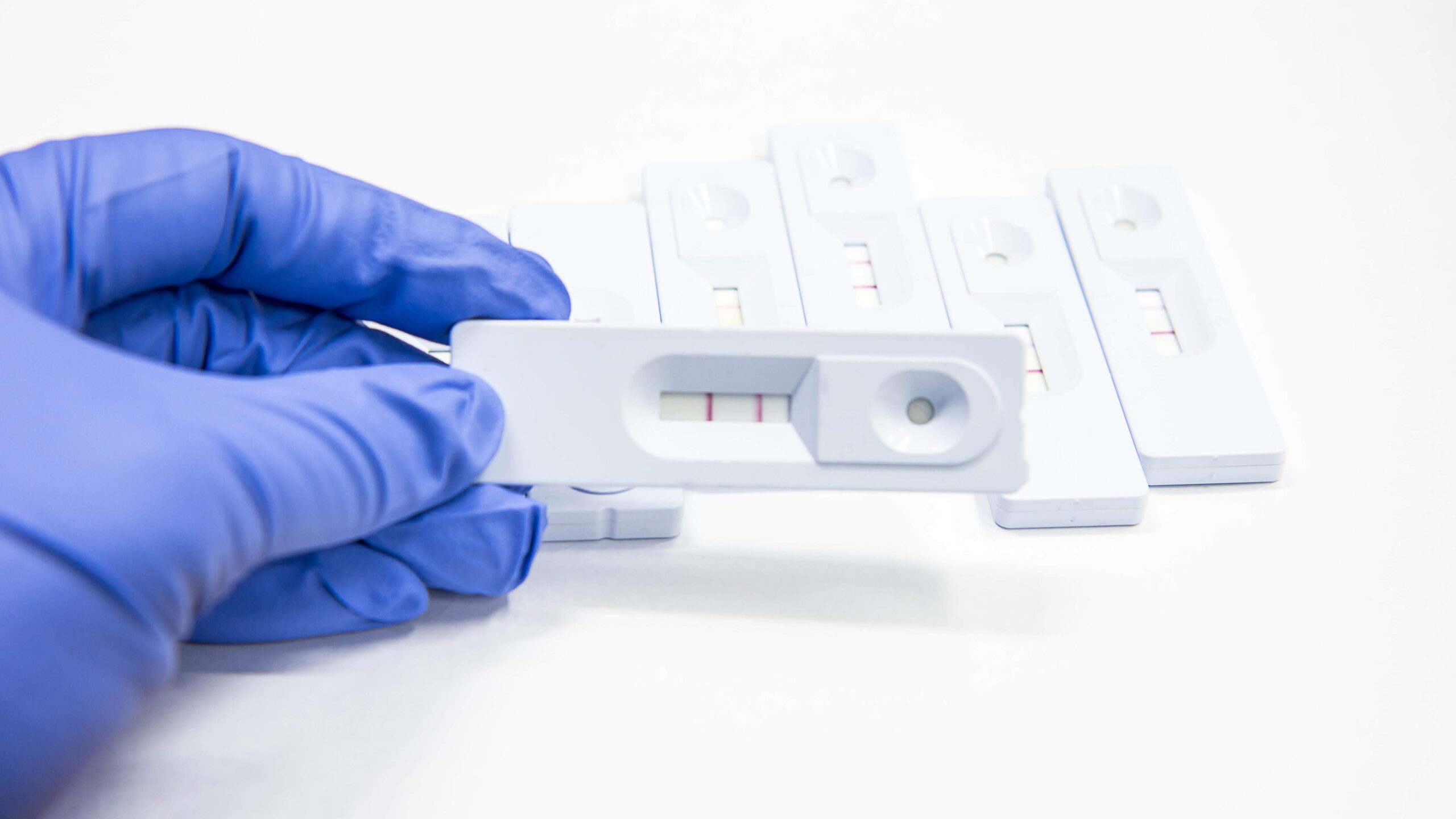The 5 Most Addictive Foods
Most of us are fond of at least one product that has the effect of a stimulant and that eventually becomes a kind of addiction. These products include emergetic drinks, fizzy soda, tobacco, strong coffee, black tea, and alcohol. The idea that people can be addicted to food has recently gained increasing support.
The most addictive foods
There’s no one who doesn’t know that products like these, consumed in excess, can severely harm our bodies. Yet, we still find them as a society hard to resist. The need to eat stimulant food is a simple human weakness that has existed for ages: humans (and many animals) have always indulged in foods that give a sort of emotional high. In clinical terms, this means rapid heartbeat, a little sweating, dilation or constriction of the pupils of the eye, a warm flush on the face, and a sense of greater sensitivity, concentration, and perception.
These sensations of a high die down within a few hours, and we are left feeling listless and low. This leads to a craving for that food again, to experience the high one more time. And there we are going round and round in a vicious circle.

The physiology of addictions
Experiments show that, for some people, the same reward and pleasure centers of the brain that are triggered by addictive drugs like cocaine and heroin are also activated by food, especially highly palatable foods. Highly palatable foods are foods rich in:
- Sugar
- Fat
- Salt
Like addictive drugs, highly palatable foods trigger feel-good brain chemicals such as dopamine. Once people experience pleasure associated with increased dopamine transmission in the brain’s reward pathway from eating certain foods, they quickly feel the need to eat again. Consuming addictive foods is one of the oldest unhealthy practices and, despite a revolution in health consciousness; it shows no signs of dying out.
The 10 Most Addictive Foods
Below are some side effects of certain addictive foods or substances.
#1 Alcohol
Alcoholism is a term used to describe someone with alcohol addiction. Someone with alcoholism has both a physical and psychological dependence on alcohol. They may have problems controlling their drinking habits or choose to keep drinking even though it causes problems.
#2 Tobacco
Tobacco is a plant (Nicotiana tabacum and Nicotiana rustica) that contains nicotine. Nicotine is an addictive drug with both stimulant and depressant effects. Tobacco leaves are used to make products that can be consumed in different ways: smoked in cigarettes, cigars, or pipes.
#3 Soda
Aerated drinks contain carbon dioxide as solute and water liquid as solvent. Some carbonated soft drinks are Pepsi, Coke, Fanta, etc. Non-carbonated drinks do not have carbon dioxide in them. Some non-carbonated soft drinks are juices, nectar, and squashes.
Aerated drinks are rich in sugar and caffeine. They can cause your brain to release dopamine, also known as the happy hormone. But the more soda you drink, the less pleasure you get from the dopamine response, which can leave you wanting more.
#4 Caffeine
People can develop a dependence on coffee, black tea, and other caffeinated beverages quite quickly. This is due to the chemical changes that sustained consumption produces in the brain. If someone drinks Caffeine on a daily basis, they will develop a tolerance just as they would to other drugs or alcohol
#5 Foods High In Sugar, Salt, Or Fat:
Not surprisingly, most of the foods rated as addictive were processed foods. These foods were usually high in sugar or fat — or both.
- pizza
- chocolate
- chips
- cookies
- ice cream
- french fries
- cheeseburgers
- cakes
- cheese
- bacon
- fried chicken
- gummy candy


Signs of Food Addiction
Food addiction symptoms are different depending on the person, and it is unfair to label someone as a food addict simply because his or her eating habits are different from yours. Although, a food addict may have symptoms of other conditions such as obsessive-compulsive disorder (OCD) or depression. Common signs of food addiction include:
- Obsession with eating, meal times, and the quantity of food available
- Constant eating or snacking
- Eating in the middle of the night
- Hiding food or eating in secret
- Eating when full
- Feeling guilty after binge eating
- Failed attempts to control eating
Food Addiction Recovery Options
Recovery from food addiction is different than recovery from alcohol or drug addiction. You cannot simply refrain from eating altogether as a part of your recovery. Humans need to eat to live, so there has to be some form of behavioral change. One thing is certain. Food addiction is a problem that is unlikely to be solved without help. There are several food addiction recovery options available if you or a loved one are suffering from this eating disorder. Treatment for food addiction includes therapy, such as cognitive-behavioral therapy (CBT), nutritional therapies, and group support. Contact us to learn more about our food addiction recovery program or to discuss admission options.




Lifescape Recovery Mental Health is a top-rated mental health and addiction treatment facility in Los Angeles, California. We create a safe space for patients to explore their mental health goals and needs. We offer a free, confidential consultation to any new clients and provide a number of different therapies to treat a wide spectrum of mental health struggles such as depression, anxiety, eating disorders, and substance use disorders. Our IOP and PHP facility is fully accredited. We are one of the highest-rated centers for mental health treatment in Los Angeles, California, which provides both in-person and online therapy. Our patients express endless gratitude and appreciation for the staff and the services and recommend Lifescape Recovery for their friends, colleagues, and community. There has never been a more important time to address mental health needs! Contact us today!
Published: May 30, 2022
Last Updated: June 14, 2022


Published: October 03, 2024
Relapse Prevention After Intensive Outpatient Treatment: Keys to Lasting Recovery
After completing an Intensive Outpatient Program (IOP), many individuals experience a newfound sense of accomplishment and hope. However, the transition from the structure of IOP to everyday life can also bring challenges, particularly when it comes to avoiding relapse. At Lifescape Recovery, we emphasize the importance of relapse prevention strategies as part of our holistic […]
Read more

Published: September 30, 2024
Comprehensive Guide to Mental Illnesses: An Alphabetical List
Mental illnesses encompass a wide range of mental health conditions that affect mood, thinking, and behavior. Understanding these conditions is crucial for recognizing symptoms, seeking appropriate treatment, and reducing stigma. This article provides an alphabetical list of common mental illnesses, offering definitions and insights into each condition. A to Z: Mental Illnesses A Anxiety Disorders […]
Read more

Published: September 23, 2024
Art Therapy for Addiction: Benefits of Art Therapy in Recovery
In the journey of addiction recovery, traditional treatment methods like counseling, therapy, and medication are often at the forefront. However, there is a growing interest in art therapy as a complementary treatment for those battling substance abuse. This unique approach not only offers emotional healing but also provides a creative outlet for individuals struggling with […]
Read more
